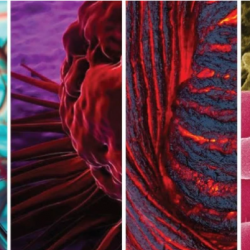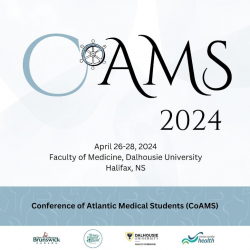TFRI Project Grants
2025 Terry Fox New Frontiers Program Project Grants Competition **Atlantic PATH and CanPath can help to support relevant funding applications** The Terry Fox Research Institute has launched its New Frontiers Program Project Grants. These programs support Canadian research teams exploring new frontiers in cancer research (i.e., breakthrough and transformative biomedical, clinical and translational research which may form the basis for innovative cancer prevention, diagnosis and/or treatment). Purpose To support multidisciplinary program projects of excellence that contribute to important topics of relevance to cancer research. The goal of the Terry Fox New Frontiers Program Project Grants is to discover and explore new knowledge with the potential to transform cancer diagnosis, treatment and/or understanding of cancer biology. Secondary goals are: High-quality research that addresses an important cancer topic that is best approached through collaborative teams Innovative and high-risk projects of large impact, for which the group research environment will maximize the chance of success. As part of the revised funding envelope for the competitions going forward, TFRI will look favorably upon applications which incorporate high risk/high reward strategies or research plans. Leveraging of cutting-edge technologies that builds synergistic collaborations, and An innovative and supportive training environment for the next generation of cancer researchers. Key Deadlines: Letters of Intent are due Monday, July 8. If invited to submit a full application, full applications are due November 18. The letter of intent includes: Scientific Abstract (1 page) Overall Description of the Application (5 pages) Program Background (3 pages) Individual Projects (2 pages each) Core technology platforms High-level budget and short justification Suggested reviewers and those to exclude Keywords CV’s for all applicants (Project lead, principal investigators, co-investigators) New applications can apply for a three, four or five year grant term with a total budget of up to $2.4M. https://www.tfri.ca/funding-opportunities/funding-programs/program/new-frontiers-program-project-grants-(ppg)








